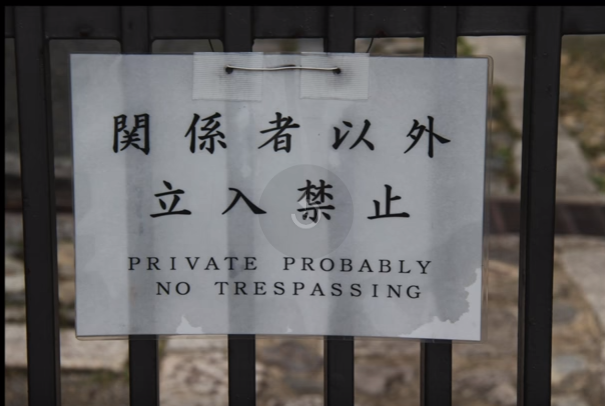McCrum's 100 best ways to ruin the 4th of July
The many Americans in the University of Edinburgh's community of language and information scientists had to celebrate the glorious 4th on the 3rd this year, because the 4th is an ordinary working Monday. I attended a Sunday-afternoon gathering kindly hosted by the Head of the School of Informatics, Johanna Moore. We barbecued steadfastly in the drizzle despite classic Scottish indecisive summer weather: it was cloudy, well under 60°F. Twice we all had to flee inside indoors when the rain became heavier. No matter: we chatted together and enjoyed ourselves. (I swore in 2007 that one thing I was not going to do was spend my time in this bracing intellectual environment grumbling about how the weather in Santa Cruz had been better. I'm here for the linguistic science, not the weather.) So it was a happy Fourth of July for me. Until this morning, the actual 4th, when people started emailing me (thanks, you sadistic bastards) to note that Robert McCrum had chosen America's independence day to make his choice for the 23rd in a series called "The 100 Best Nonfiction Books of All Time," in the British newspaper The Observer. He chooses The Elements of Style by William Strunk and E. B. White. For crying out loud!
Read the rest of this entry »
Permalink Comments off


